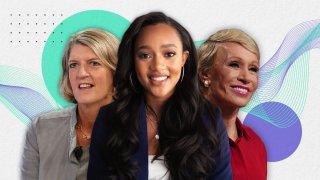
In boardrooms, on the floor of the New York Stock Exchange and places in between, women are charting their own paths to success and helping others reimagine what leadership looks like.
Although women in business have made great strides in recent years, they continue to face greater obstacles than men, including a stubborn pay gap that has hardly budged in two decades and uneven access to capital.
Despite these challenges, the number of women running VC firms, becoming entrepreneurs and leading Fortune 500 companies has reached historic highs.
CNBC Make It spoke with some of the most powerful female leaders in business about their biggest inspirations, changing ambitions and hopes for the future.
Get New England news, weather forecasts and entertainment stories to your inbox. Sign up for NECN newsletters.
Barbara Corcoran, 74, founder of the Corcoran Group, Shark Tank investor
After starting a real estate group at age 23 in 1973, Corcoran sold her company for $66 million in 2001.
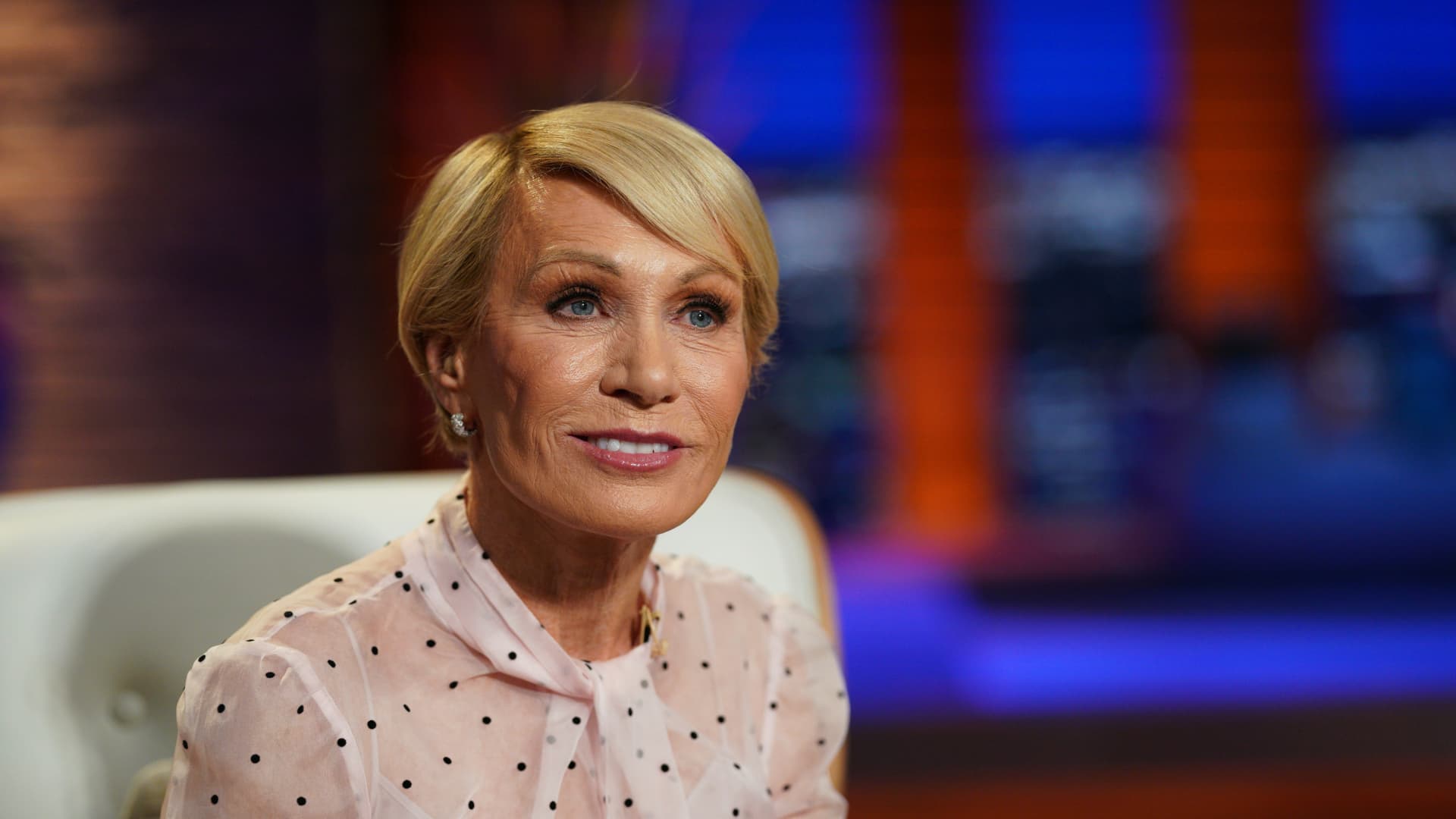
On the advantage of being an underdog:
Money Report
I grew my business in a man's world. There were no businesses in New York City, especially in real estate, that were owned by women. There weren't any women role models, and the men weren't very forthcoming [with advice].
When I was just starting out, I went to a community business event and none of the men would even talk to me. I was so angry. But maybe five years later, when I became their largest competitor, I can't tell you how satisfying it was to not [have been] watched in that progress.
Those men weren't out to compete with me; they didn't even see me. And what an advantage that freedom was. I could be creative without criticism. If I was a man, they would have ganged up on me. I was invisible as a woman, and that is a superpower without a doubt.
On why she likes to partner with women in business:
Women are more willing to listen [than men], and they're not as cocky they'll be an instant success. They keep a low profile and question themselves. That can be a good thing and a bad thing: Women are hesitant to speak up and ask for what they want.
I always picture men climbing a mountain, stomping [and beating] on their chests all the way up and telling you how great they are. Whereas women will quietly go up the mountain. They'll set up a tent, decorate the walls, make sure the kids are fed, and then they'll say they did pretty good.
On the complexities of impostor syndrome:
Self-questioning is healthy, but impostor syndrome, where you don't believe in yourself, is a hindrance to success. It's true of both men and women. Almost anybody I know who's successful thinks they're going to get caught not being smart. I suffer from it. It's very common, but it's a waste of time to feel that way if you actually know what you're doing — if you know how to get resources, or people who can help you, if you're willing to ask for help.
Lauren Simmons, 28, entrepreneur and ex-NYSE trader
In 2017, at the age of 22, Simmons became the youngest full-time female trader on Wall Street for Rosenblatt Securities, and the second African American woman trader in the New York Stock Exchange's 229-year history.
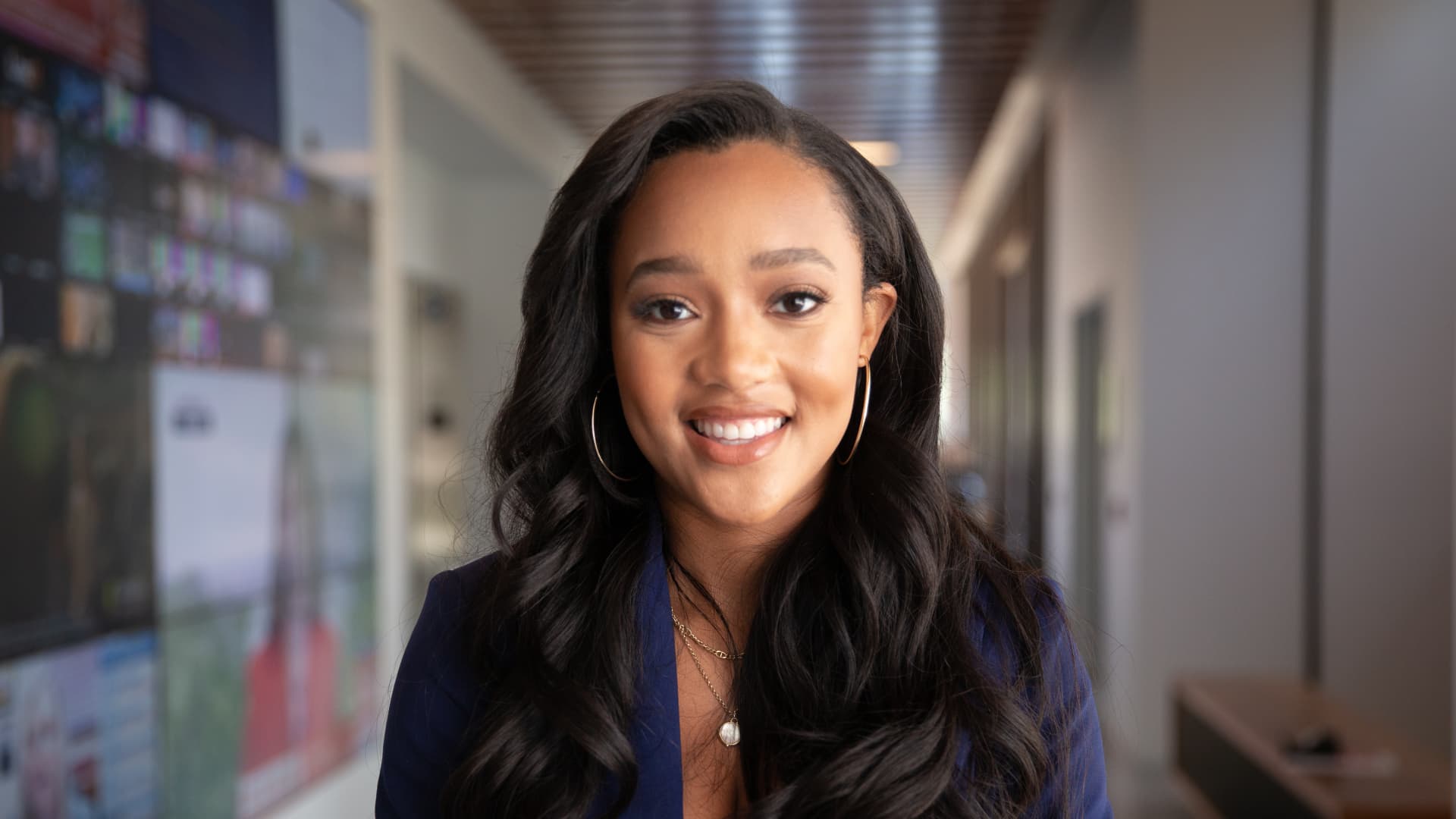
On the best career advice she's ever gotten:
When I worked on the trading floor at the New York Stock Exchange, Richard Rosenblatt [CEO of Rosenblatt Securities] told me: "Let's address the elephant in the room. You are a Black woman. And you can go into any room and be quiet and try to hide behind colleagues. Or you can own who you are. People are going to notice you, regardless, especially in a male-dominated space." And from there, I just always made sure I had something to say when I walked into each and every room.
On learning to speak up as a young Black woman in finance:
I had to push myself to get out of my own head. There were moments where I felt like I shouldn't be talking, or that I didn't have a seat at the table. My hands would be sweating, my heart would be racing. But I always took those moments to make sure I contributed to the conversation and never thought I was saying anything too dumb. And I still own that power to this day.
On ignoring feedback that she's too ambitious:
The worst career advice I've gotten and I still get is that I'm being too ambitious and that I don't have any clear direction on what I want to do in life. It's such a disservice to younger millennials and Gen Zers. I say: Have as many different careers as you want. If you don't like something, you don't have to be committed to it. Figure out what you like and what your passion is. Your passion, 9 times out of 10, will probably change, and that's OK. Move on. You have one life, so live it to its fullest and get to where you are happy and enjoying the things you are doing as much as you can.
On being the 'other' in a room:
I love being the "other" in the room because I get to have a narrative that no one else has. And I get to bring a new perspective into the conversation. And some people will fully attach to that and embrace it, and others won't. You just have to find your allies that will embrace it that will understand where you're coming from.
Beth Ford, 59, CEO of Land O'Lakes
In 2018, Ford became the first openly gay woman to lead a Fortune 500 company and the first woman to lead Land O'Lakes.
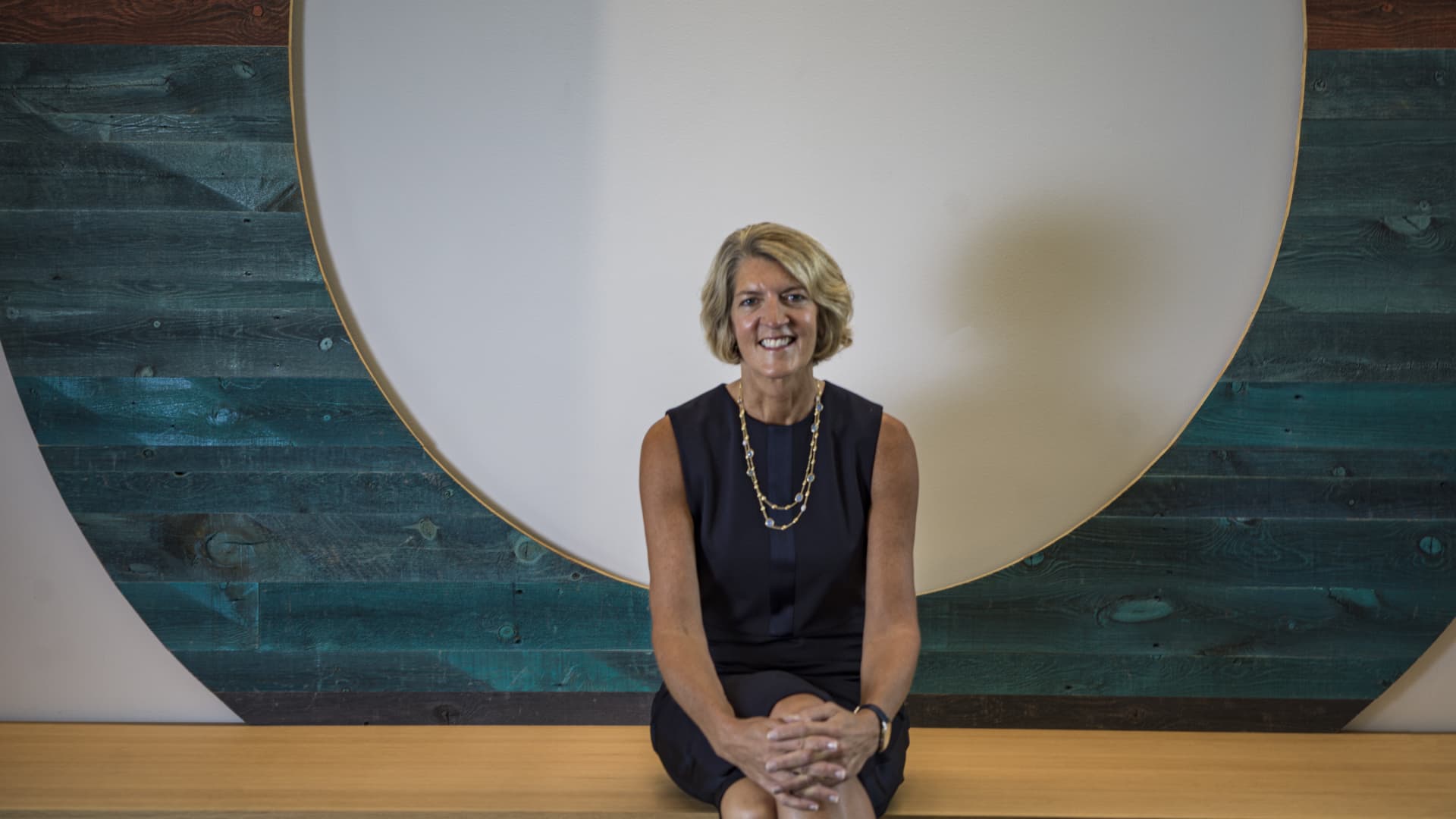
On her biggest inspiration:
One of my greatest role models and inspirations growing up and to this day is my mother, Carol. She raised us while getting her registered nursing license, then went on to get her master's degree, switched directions completely and became a psychologist and a therapist and, finally, decided to become a minister to round out her career.
She literally worked with people on their mind, body and soul, and worked harder than anyone I know. That was a first-hand, in-depth case study in strength, determination and grit that influenced not only how I looked at the world, but how I showed up in it.
One of the greatest pieces of advice she gave me was to ask for what I wanted, because people couldn't read my mind. As a result, I've now worked in seven positions spanning six different industries and can say I've gotten to where I am today in large part thanks to that lesson.
Asking for what you want is absolutely critical and now, more and more women are speaking up for what they want out of their lives and careers. This confidence is what gives us the courage to ask for what we want and deserve and is what keeps us moving forward.
On the misconceptions women CEOs still face:
Some people think that if you get to this role, life has been easy for you, everything has been linear right up to this point, and you've always had great success, thus, you achieved a position in the C-suite. But I think most folks, especially females, have had to be resilient and grit it out to get here.
You have to take risks and make investments in relationships, which I think are central to achieving great success in an authentic way. Women, in particular, often have to make tough decisions about maintaining balance between their work and personal lives and take risks with their careers to be considered for the CEO role.
Anne Wojcicki, 49, CEO of 23andMe, and Janet Wojcicki, 53, anthropologist and epidemiologist
Anne is co-founder and CEO of 23andMe, and her sister Janet is a University of California San Francisco professor. Their sister Susan Wojcicki is a former CEO of YouTube; their mother, Esther Wojcicki, is an educator and parenting expert, and their father, Stanley Wojcicki, is a professor emeritus of physics at Stanford University.
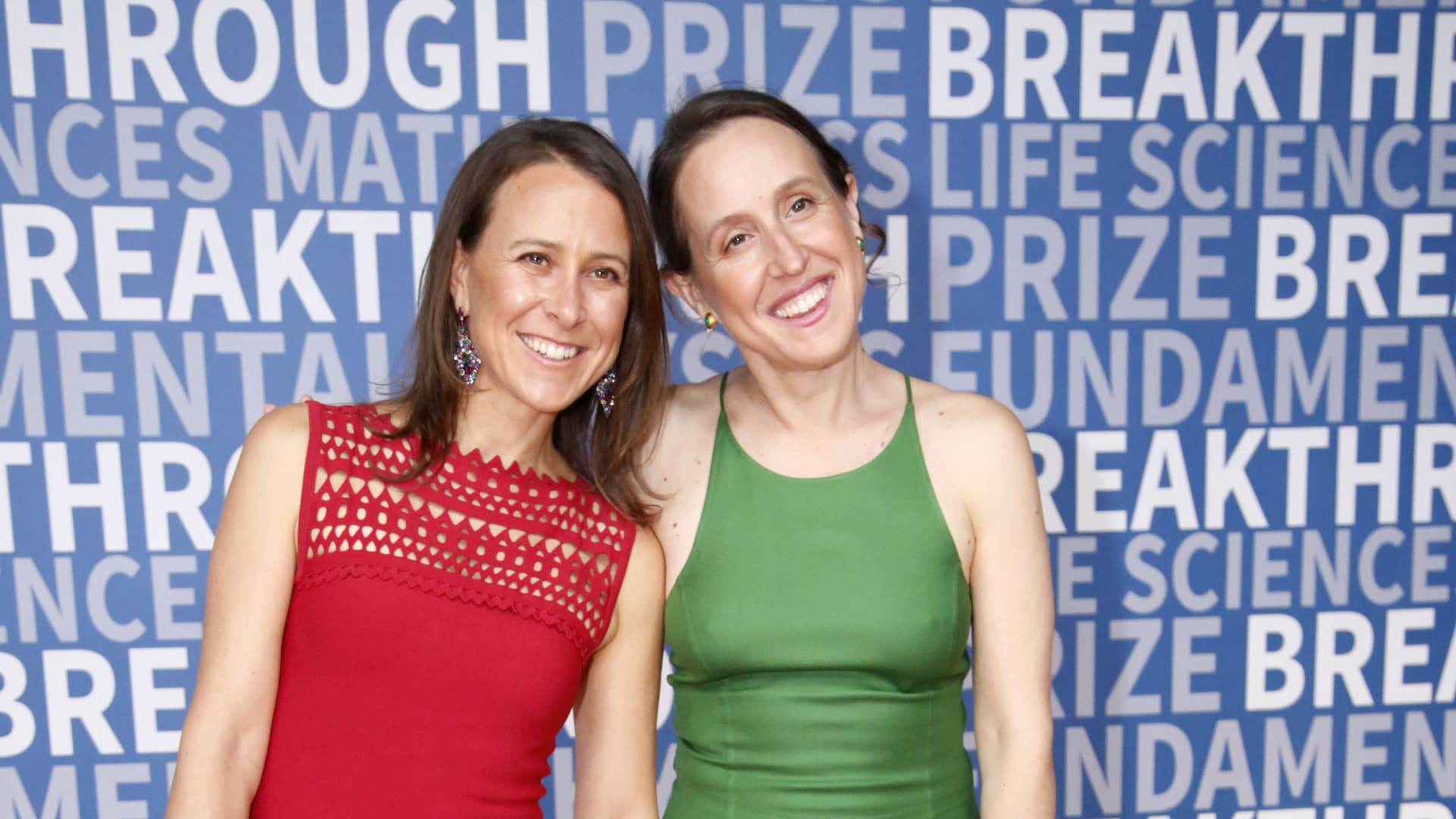
On how their community shaped their careers and lives:
Anne: There was an advantage to being on Stanford's campus. We were really lucky to be surrounded by a lot of other women. My best friend's mom, Shoshana Levy, was a professor in immunology and biology and she co-ran a lab with her husband, and they were always equals. And the parents [of other kids who grew up near campus] had the same expectations that were like, "You're capable of anything and you should push yourself." It wasn't until I got to college where I realized, "Oh, some people don't think women can do everything." It was like an anthropological study.
Having worked in a male industry, I do realize we grew up differently [than most]. In the early days of 23andMe, we were negotiating for a partnership. We had an all-women team and we sat across from this company that was all men. It was a battle, but it was really interesting to see how in industries where there are a lot of men, there are a lot of people who are less supportive. So it's critical to have those role models or a community that supports you.
On their favorite piece of career advice:
Janet: Being an epidemiologist at a very competitive medical center, I had to learn the life lesson that it was okay to not be like everybody else. Embracing your differences is actually to your advantage.
My dad gave us this notion that not everyone has to take the same journey, and that journey is not always linear. You have to be creative in terms of what works and fits for you. There are going to be people that come up against you, and your trajectory is going to go in zigzags. But don't worry if you're not taking the path you originally saw for yourself; it still could be a good path.
On why it's important for young women and girls to have role models:
Anne: Representation matters. For people who don't necessarily know what their passion is, they need to have role models to know how to dream. I think about that all the time, about kids who don't have a lot of options presented to them. If they don't go to job or school fairs, how do they even know a diversity of jobs exists?
I got my first job on Wall Street accidentally, and I originally said no to the job because I loved investing, but all I saw were men like Peter Lynch [an American investor known for managing the Fidelity Investments Magellan Fund for over a decade]. It was my dad who said you should push yourself to do something uncomfortable.
Now, I see hardcore women scientists at 23andMe who are like magicians [working with] antibodies. To me, those are hardcore bench scientists. While that's not the right career for me, it made me realize anyone really can be a scientist. And there's lots of different ways to materialize that scientific interest in the science world.
DON'T MISS: Want to be smarter and more successful with your money, work & life? Sign up for our new newsletter!
Join CNBC's Women & Wealth event on April 11, where we'll explore ways that women can increase their income, save for the future, and make the most out of current opportunities. Register for free today.
Check out:
3 Fortune 500 CEOs share the advice, lessons and skills that have shaped their success
The wage gap gets worse for women in their 30s and 40s—and it's not just the 'motherhood penalty'






